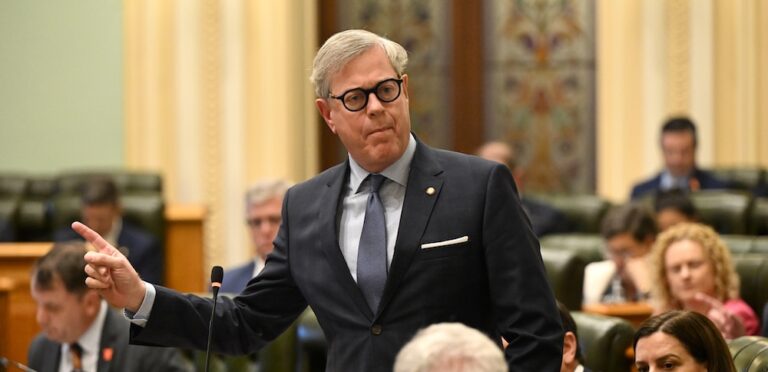
With the return of civil unions, where to now for LGBTI rights in Queensland?

NOW that Queensland has fully restored civil unions after an unprecedented show of support by state MPs voting in favour, many in the state’s LGBTI community are asking: now what?
Several commitments made by the then-Labor opposition during the January snap election have seen the light, like the restoration of civil unions and state-sanctioned ceremonies after they were stripped back in 2012, or full government support for the rollout of the Safe Schools Coalition Australia across Queensland schools.
Some are a work in progress like the promised restoration of funding to the Queensland AIDS Council, stripped away again in 2012 by the former Newman Liberal National Party (LNP) government.
However, there are numerous LGBTI specific reforms and actions that have fallen by the wayside by previous LNP and Labor governments — ones that community advocates hope would be addressed in 2016.
Historical convictions expungement
WHILE several other states have successfully passed legislation expunging the criminal records of gay men convicted of consensual homosexual acts prior to the respective states’ year of decriminalisation, Queensland has yet to see similar action.
A formal discussion paper and process into investigating a course of action for expungement was initiated by the former LNP Attorney-General Jarrod Bleijie in 2014, with support and input from key community and legal advocates.
Prior to the election, Labor added their support to the expungement of criminal records that still impact some gay men in Queensland.
“Expungement of past gay sex convictions is needed because the men with these convictions can be refused employment and barred from entering numerous countries due to their criminal records,” LGBTI activist Phil Browne told the Star Observer.
“The ‘crime’ of gay sex was removed 25 years ago — it’s time these convictions are also removed.”
Updating comments she made in April, Attorney-General Yvette D’Ath told parliament in August that the legal position regarding convictions of consensual and non-consensual homosexual sex was not clear, and needed further investigation.
“Historically, the same offence provision applied whether or not the act was consensual and between two adults or whether a child was involved,” she said.
“In order for this issue to be properly considered and for potential approaches to be explored, this government intends to refer this question to the Queensland Law Reform Commission for its consideration.”
Age of Consent
QUEENSLAND remains the only state in Australia with a discrepancy between the age of consent for vaginal and anal sex, a law that disproportionately affects young gay men.
The law criminalising anal sex with and between anyone under 18 (16 for vaginal sex) was implemented when homosexuality was decriminalised in Queensland in 1990.
Former Queensland Democrats Senator and longtime age of consent campaigner Andrew Bartlett said the heart of the issue was equality.
“It is a simple matter of equality, or in this case unequal treatment,” he told the Star Observer.
“By not addressing it, governments continue to reinforce a flawed and dangerous view that somehow sex between two men should be seen as different legally — and presumably morally — to sex between a man and a woman.”
In August D’Ath referred to the age of consent in parliament, saying an expert committee would look at the issue after acknowledging “there are strong conflicting views held by Queenslanders”.
Disappointed that both sides of parliament have failed to address age of consent, Bartlett believes it comes from Queensland’s conservative history.
“I think it is due to an innate conservation towards sex and sexuality issues,” he said.
“Even with politicians who are not conservative themselves, there seems to be a strong fear that tacking any issues in this area is inherently dangerous politically.
“Yet when governments do eventually act in these areas — such as on civil unions — there is a rarely any political backlash of consequence.”
“Gay panic” defence
ONE issue ruled out from being reformed by the former LNP government was one the preceding Labor government almost achieved in 2012, when an expert committee recommended non-violent sexual advances be removed from the state’s provocation defence.
However, with an election came a new government that saw Bleijie refusing remove the defence entirely, instead saying they made it “much harder” to use.
With most other states (South Australia being the exception) having abolished the “archaic” law, expecting eyes are watching D’Ath who in August said the government “is committed to introducing the changes as recommended by the committee”.
Adoption
ADOPTION rights for same-sex couples are expected to be introduced into parliament next year, following a call in September for public submissions on the issue by Communities Minister Shannon Fentiman.
“Queensland is out of step with contemporary standards and the approaches in most other Australian states and territories,” Fentiman said.
“It is time that Queensland joined this conversation and considered the need to remove this discrimination from our adoption laws.”
Submissions close in March 2016 and legislation may be introduced relatively soon after.
Victoria, NSW, WA, Tasmania and the ACT are the only jurisdictions have legalised joint adoption for same-sex couples.
Trans community
DESPITE legislation protecting the rights of the trans community from discrimination in 2002 in areas such as work, education, superannuation and more, there are still issues regarding identity documents and legal treatment.
In 2013 the Anti-Discrimination Commission Queensland reported that a single gender identity claim had been upheld, representing 0.2 per cent of its work.
Advocates say many face difficulties in pursuing claims with lengthy waiting times of years for anything to be resolved, in turn deterring many from making claims at all.
LGBTI Youth
ALTHOUGH the Queensland government now supports the rollout of Safe Schools Coalition Australia in state schools after foot-dragging by the former LNP government, youth advocates say the sector is still underfunded.
Speaking to the Star Observer, LGBTI youth service Open Door’s coordinator Rocky Malone said many young people were still falling through the cracks.
“Funding is always an issue for us here at Open Doors, especially for those who do not fit into [Open Door’s] Reconnect program. For example, those not at risk of homelessness and those who are 19-24,” Malone said.
“Isolation and homophobia/transphobia does not discriminate by age/living situations. Young people that do not fit into the 12-18 age bracket for Reconnect are still encountering these issues, however support and resources are quite limited to be able to assist them.”
With the LGBTI youth service sector being small in Queensland, Malone would like to see funding appropriately match the demand that Open Doors sees daily.
“Being such a small team means that we can only cover so much ground,” Malone said.
“Increased funding would allow organisations such as ours to grow our staffing level and would provide us with an opportunity to continue to work on new and innovative programs for young people.
“Reconnect clients are a massive part of our responsibilities (understandably) but as mentioned above, there are also other clients that may not fit the guidelines for Reconnect that really do need a service to be able to access and get support from.”
Religious Discrimination
EVEN though laws were introduced in 2002 to protect the LGBTI community from discrimination, religious organisations continue to remain exempt from laws — an open invitation for persecution, according to Browne.
“These blanket exemptions allow all church-run schools, hospitals, and even the (church owned) Weetbix factory to legally discriminate against anyone they do not like, including LGBTI people,” Browne said.
“Many thousands of Queenslanders, including many LGBTI people, are employed by these organisations and all of them can be legally discriminated against.
“This causes LGBTI people to live in fear of being sacked if they come out at work. Imagine the harm this does when people feel forced to go under the radar at work, not disclosing their partner or their home and social lives to their work mates, and being careful not to open up too much for fear of being sacked.”
Browne had once been unsuccessful in bringing forth a claim of discrimination from a religious organisation.
“I took a case to the Anti-Discrimination Commission of Queensland, who agreed I had been discriminated against,” he said.
“However, due to these exemptions, the large Brisbane organisation that discriminated against me was able to accurately claim they are exempt from the law, and my case had to be dropped.
“These exemptions must be removed to show the law will protect all citizens equally.”
Current Labor party policy dictates the government will seek to “strengthen anti-discrimination legislation particularly in the areas of employment, education”.
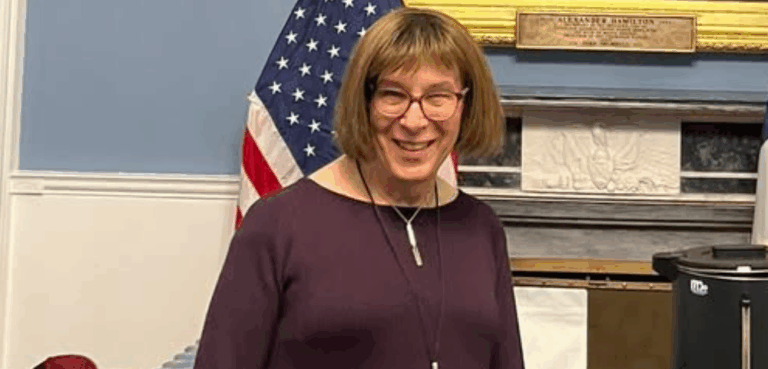
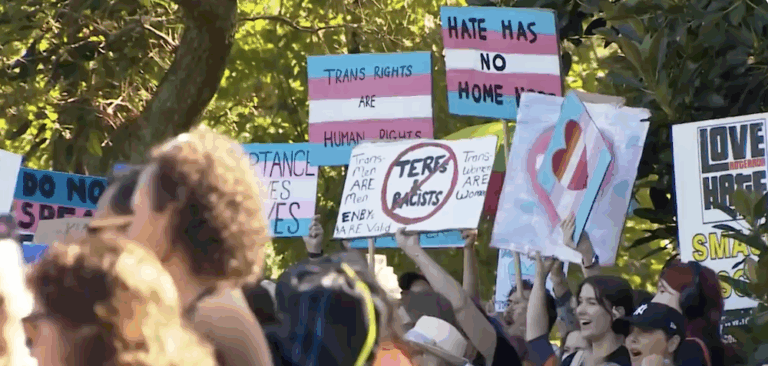

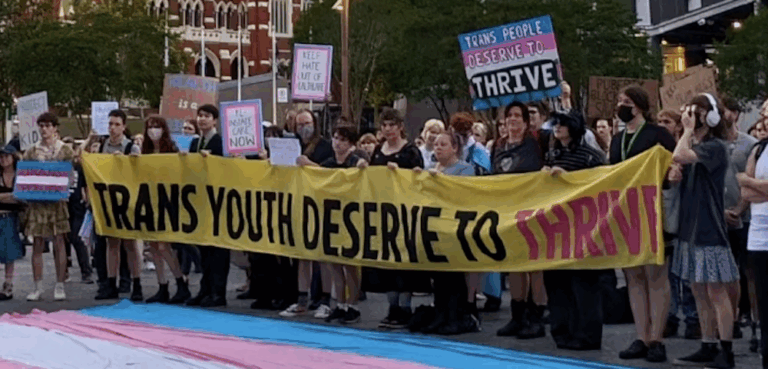

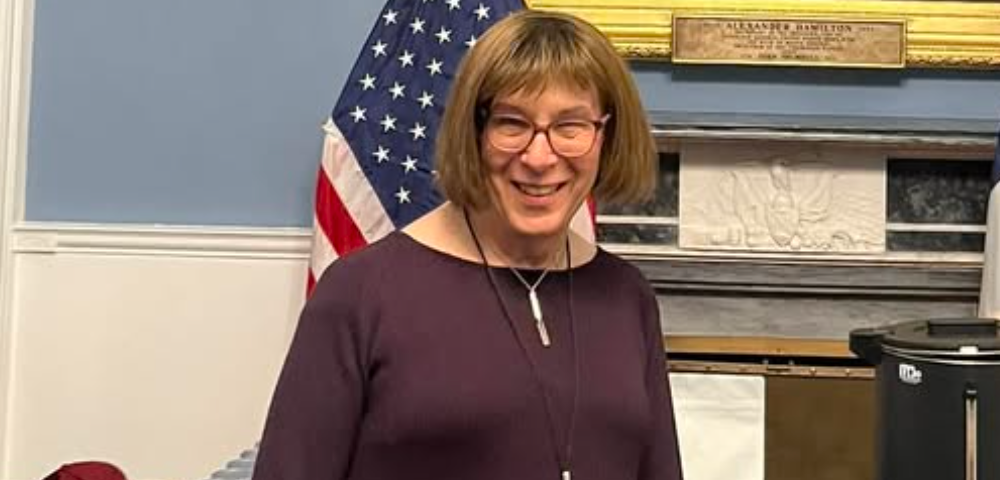
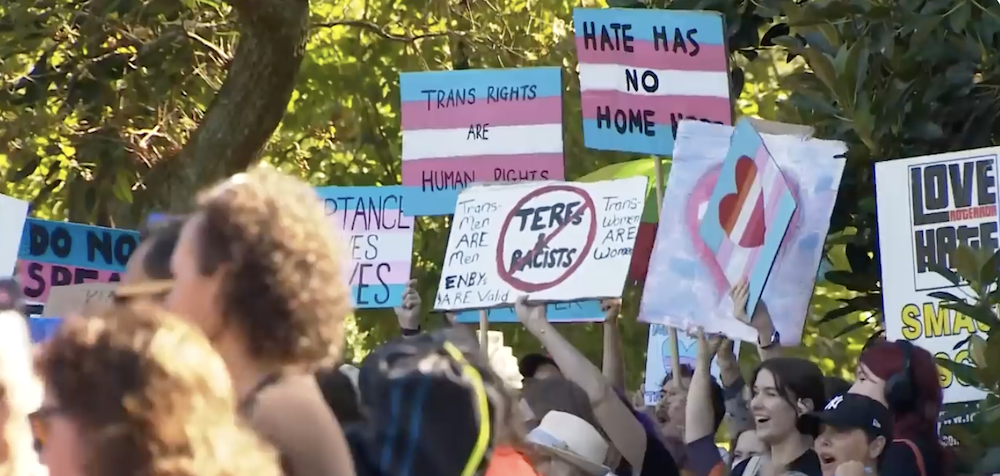

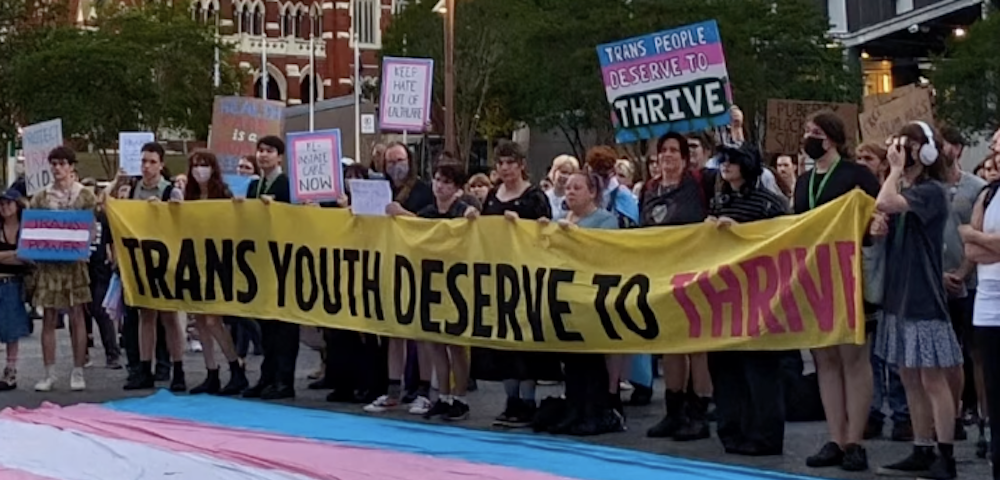
Queensland might have civil unions back, but that does not mean that QLD is a gay friendly state. It is far from gay friendly, in fact according to a 10 year led study, QLD is the most homophobic state in Australia! Here are some laws that show you Queensland is a very backward state in terms of these 4 laws:
Law 1: Queensland still has a “gay panic defence”. South Australia also has this defence within common law only.
Law 2: Queensland Adoption Act 2009 still bans same-sex couples from adopting children. However can be foster parents or carers. Queensland is not alone in this either, because SA and NT also have very similar laws too.
Law 3: Queensland still has an unequal age of consent law, even 13 years after NSW equalised the age of consent. This is the only place in Australia to have a law like this!
And finally Law 4: Queensland still does not have an “expungement scheme” for old criminal records regarding gay male sex between adults. Queensland is not alone on this either, because WA, TAS and NT also does not have an expungement scheme as well.
I understand that the Anti-Discrimination Act of Queensland also contains blanket exemptions from the law for not for profit organisation. Some years ago the Queensland Anti-Discrimination Commissioner made a public statement calling for the blanket exemptions to the Act to be removed. An Anti-Discrimination Act should be a means to stop discrimination, not a free ticket for some organisations to legally discriminate.